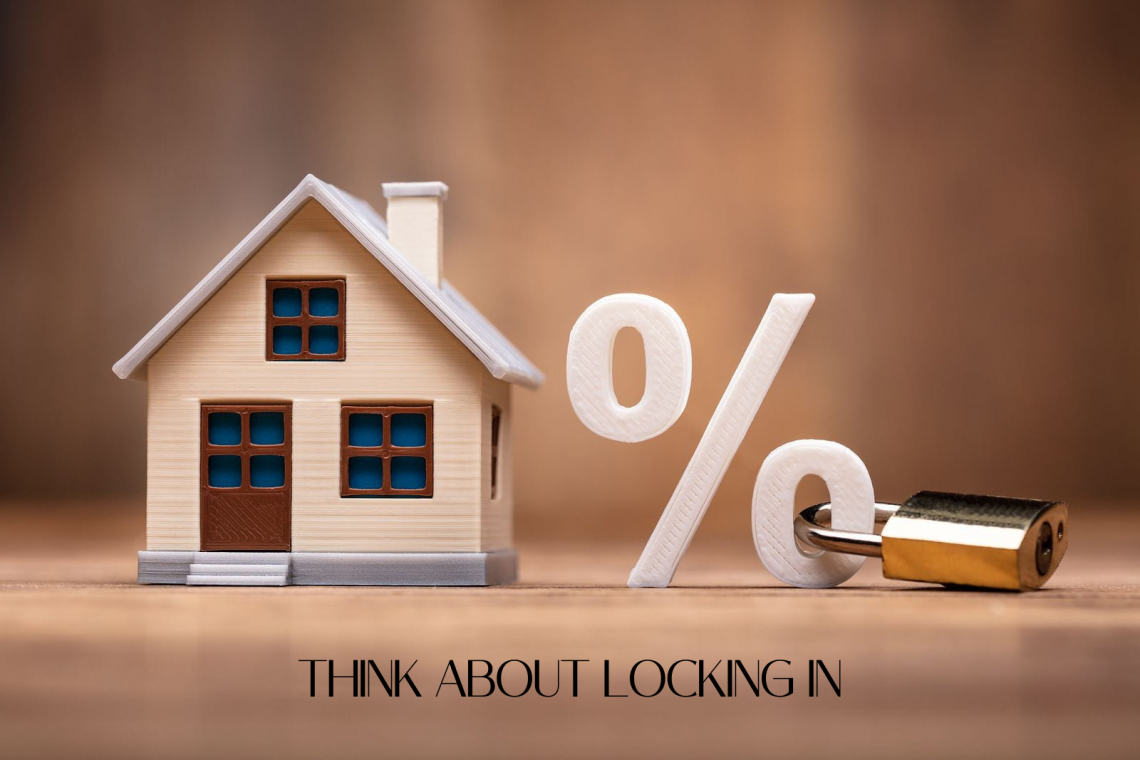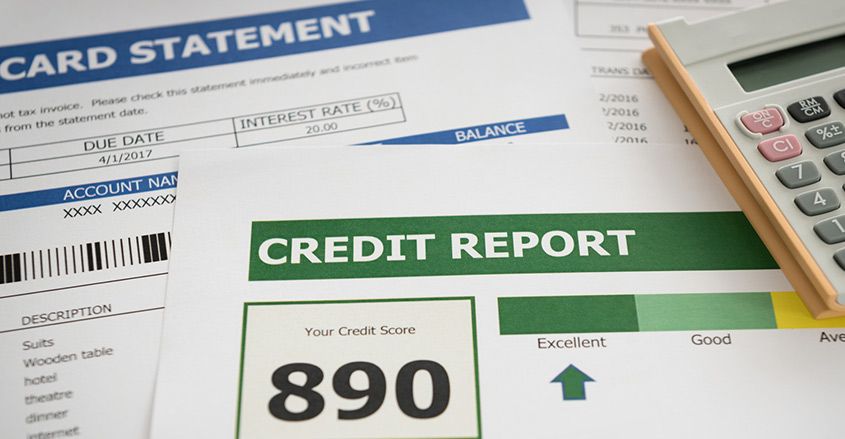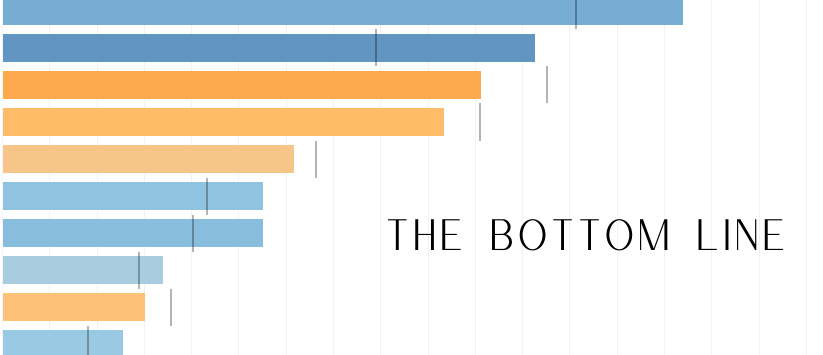Buying a Home? 3 Things to Consider When Rates Are Rising

Since the foreclosure crisis of 2008, Americans have gone through more than a decade of mortgage interest rates that at times hit historical lows. Low rates drove demand and aided affordability, helping a surging recovery in the housing market.

But what goes up must come down, and mortgage rates were never going to stay at rock-bottom forever. And while rising mortgage interest rates sound like something that could detract homebuyers, it's not as if rising rates have crippled home sales in the past.
If you're buying a home, here are three things to consider when mortgage rates are rising.

.png?w=1140)
If you've started a home search, it can be a little disheartening when you see mortgage rates tick up. There can be a feeling of the "fear of missing out" on a lower rate. But it might help to look at the big picture and how a quarter-point adjustment fits into the grand scheme of things.

If you were buying a $1,000,000 house with 20 percent ($200,000) and financing the remaining $800,000, the principle-and-interest portion of your mortgage payment would be about $5,263 per month on a 30-year loan at 3.51% percent. If the rate is 4 percent instead -- a quarter-point hike -- your payment goes up to roughly $5,486. That's a difference of $223 each month in your monthly payment.

If you find a house you love, is a $223 difference going to prevent you from buying it? It could if it puts you over the amount your lender says you can afford each month. But for most families of four, the reality is that $223 can amount to the cost of one night out on the town. Skip the popular burrito joint on one taco Tuesday each month, and that quarter-point bump is covered.


If you're a serious homebuyer, chances are that you'll get pre-approved for a mortgage. It's almost impossible in competitive markets to get a seller to seriously consider your purchase offer without pre-approval, and you can look into locking in a mortgage interest rate when you apply for it.

If you believe, for example, that rates will rise, it makes sense to lock into a current rate when you get pre-approval. Most lenders offer the opportunity, and many even allow for a lower rate if their rates drop after your lock-in. Banks are in the business of selling home loans, and they tend to be flexible if it means earning your business.

Keep in mind that most lock-in periods are time-sensitive. You might have just 30 or 60 days between a pre-approval lock-in and the actual closing date to be guaranteed the locked-in rate.


There's nothing you can do if the Federal Reserve raises the benchmark that mostly determines mortgage rates. But there are things you can do to ensure you qualify for the best rate possible.

The mortgage rates you see advertised represent the best rates available to those with the best credit scores. The better the credit score you have, the lower the interest rate you'll pay, simply because the risk is lower for the lender.

In an environment in which rates are rising, your credit score can make your house payment more affordable.

You can also affect your mortgage interest rate with your down payment. If you've saved up enough cash to put 20 percent down, not only will you avoid having to pay for private mortgage insurance, but you also will likely qualify for a lower interest rate than someone who puts, say, 10 percent down on a home.


If you can keep things in perspective, plan your purchase to lock in an attractive rate, and keep your credit score and down payment as high as you can afford, rising interest rates shouldn't have as big an impact on your home-buying process as you might initially think.
.png)

.png)

